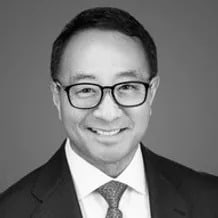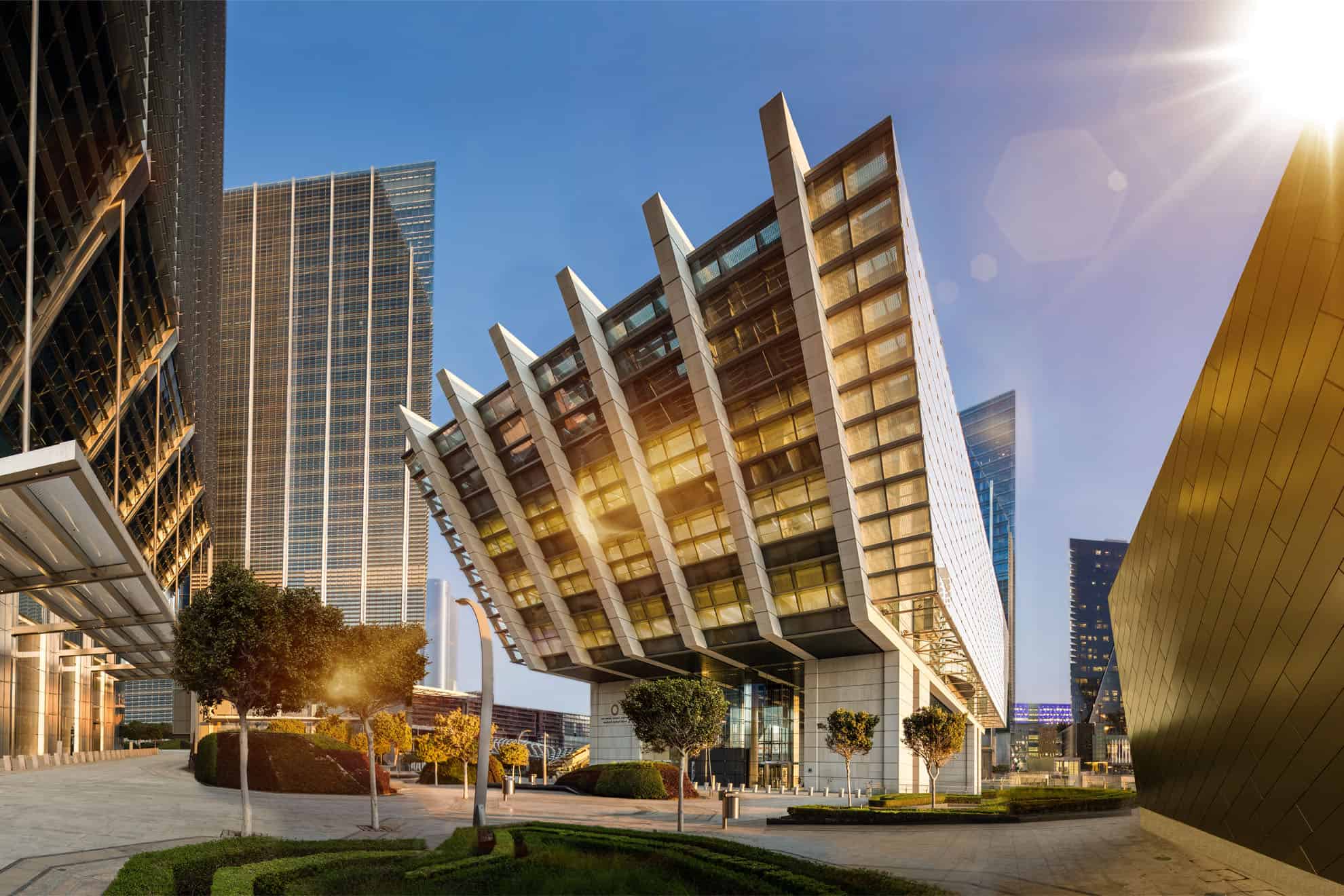By the end of the third quarter of 2022, Abu Dhabi is set to launch the world’s first carbon trading exchange and carbon clearing house.
The chief product that would be transacted at the exchange is a carbon credit, which is a certificate that grants a company permission to emit a particular amount of carbon dioxide or an equivalent amount of other greenhouse gas.
Companies and governments are under considerable pressure to reduce their carbon emissions, driven by obligatory laws and internal ESG strategies.
While a company cannot eliminate all its carbon emissions by utilizing alternative technologies and inputs in its operations, it can apply carbon credits to “offset” part or all these emissions and achieve a net emissions reduction.
Carbon credits can be traded on legal carbon markets, such as the Emissions Trading System of the European Union. They can also be generated and traded on voluntary carbon markets worldwide, with examples developed in Singapore, Sydney, New York, and London.
What is a carbon market?
At the Paris COP 21 in 2015, all countries agreed to reduce their carbon footprint. Kevin Iwanaga, COO of AirCarbon Exchange (ACX) – MENA said how various entities deal with lowering carbon emissions determines the type of carbon markets.

He said there are two primary markets — the compliance market and the voluntary market.
The compliance markets are government-sponsored schemes or projects that solve carbon emissions problems in their country. It is frequently in the form of a cap-and-trade system where actors buy and sell carbon offsets to comply with the cap or limit imposed on their emissions. The significant distinction here is that it is supported, managed, and governed by some form of government organization.
On the other hand, the voluntary markets are totally driven by the private sector. Voluntary markets operate independently of compliance markets, allowing businesses and individuals to purchase carbon offsets on a purely voluntary basis without using them for compliance purposes.
“By scaling voluntary carbon markets, we aim to mobilize much more global capital, investors, huge corporations, fund managers, speculators, and people looking to acquire carbon credits,” Iwanaga said.
A voluntary carbon market, he added, aids in the facilitation and mobilization of capital flows to where they are needed for projects, as well as the scaling of more projects around the world and the mobilization of more financing.
“However, the added benefit from a purchaser’s or investor’s perspective is that it helps gain profit from rising carbon prices. Hence, it becomes an investment tool for banks and major corporations who want to fund projects that will minimize carbon emissions footprint while also earning income,” Iwanaga said.
World’s first carbon trading exchange
Abu Dhabi Global Market (ADGM) has recently partnered with AirCarbon Exchange (ACX) to launch the world’s first carbon trading exchange and carbon clearing house in Abu Dhabi.
ADGM is set to become the first jurisdiction globally to regulate carbon credits and offsets as emission instruments and issue licenses for exchanges to operate both spot and derivative markets.
The regulatory framework will also allow corporates to trade and finance carbon credits like conventional financial assets, increasing participation in global carbon reduction and offset programs.
Expected to launch in Q3 2022, ACX will be established as a recognized investment exchange (RIE) and will be regulated by ADGM. It is expected to offer a regulated and transparent price discovery mechanism.
In addition, ACX also targets setting up a regulated recognized clearing house (RCH) – to be known as ACX Clearing Corporation – for customizing, clearing, and settling commodities and commodity derivatives.
Moreover, ACX intends to initially use its distributed ledger technology within a traditional commodity trading construct to create tokenized carbon credits for spot trading. Later, it plans to offer carbon credit futures as commodity derivatives for trading.
All digital tokens will be custodised by the RCH, settled, and cleared using the RCH’s blockchain smart contracts.
According to Iwanaga, Abu Dhabi, and hence ADGM, are critical to ACX’s global expansion.
“The exchange will be the first fully regulated carbon exchange globally and in the MENA region. In addition, our established comprehensive exchange and clearing application in ADGM complement one another to provide a truly global marketplace from the heart of the MENA region,” he said.
“This exchange will provide investors, project developers, and market participants confidence to invest and trade in carbon credits as carbon is now recognized as a regulated commodity,” he added.
The Gulf Cooperation Council states’ broader plan to achieve net-zero was one of the main factors in establishing a carbon market in Abu Dhabi, according to Iwanaga.
“Based on our discussions with all stakeholders in the region, we expect investors and companies will flock to the exchange as soon as possible, given the region’s current focus on sustainability, finance, and ESG strategy,” he said.
Joining the exchange would entail a stringent procedure, he said. As the launch date nears, ACX will begin the process of onboarding participants, Iwanaga said.
“When a trading firm, a bank, an investor, or a big corporation displays interest and contacts us, the onboarding process begins. We next apply the Know Your Customer (KYC) process, which is a solid and strict procedure. Finally, once a company is accepted, we follow our standard onboarding procedure to set up their accounts on the exchange, where they deposit cash,” he said.
Future of the carbon market
Iwanaga argues that right now there is a need for spreading awareness about this market. As people gain more education, they begin to make their promises and vows public, he said.
He believes that governments will begin to implement net-zero commitment strategies and reporting structures for sectors and businesses to report on their progress on their net-zero strategies.
” All of this is starting to happen, so everything is progressing logically as we would expect, with markets growing and developing, but I believe it will happen at a faster speed,” he said.








